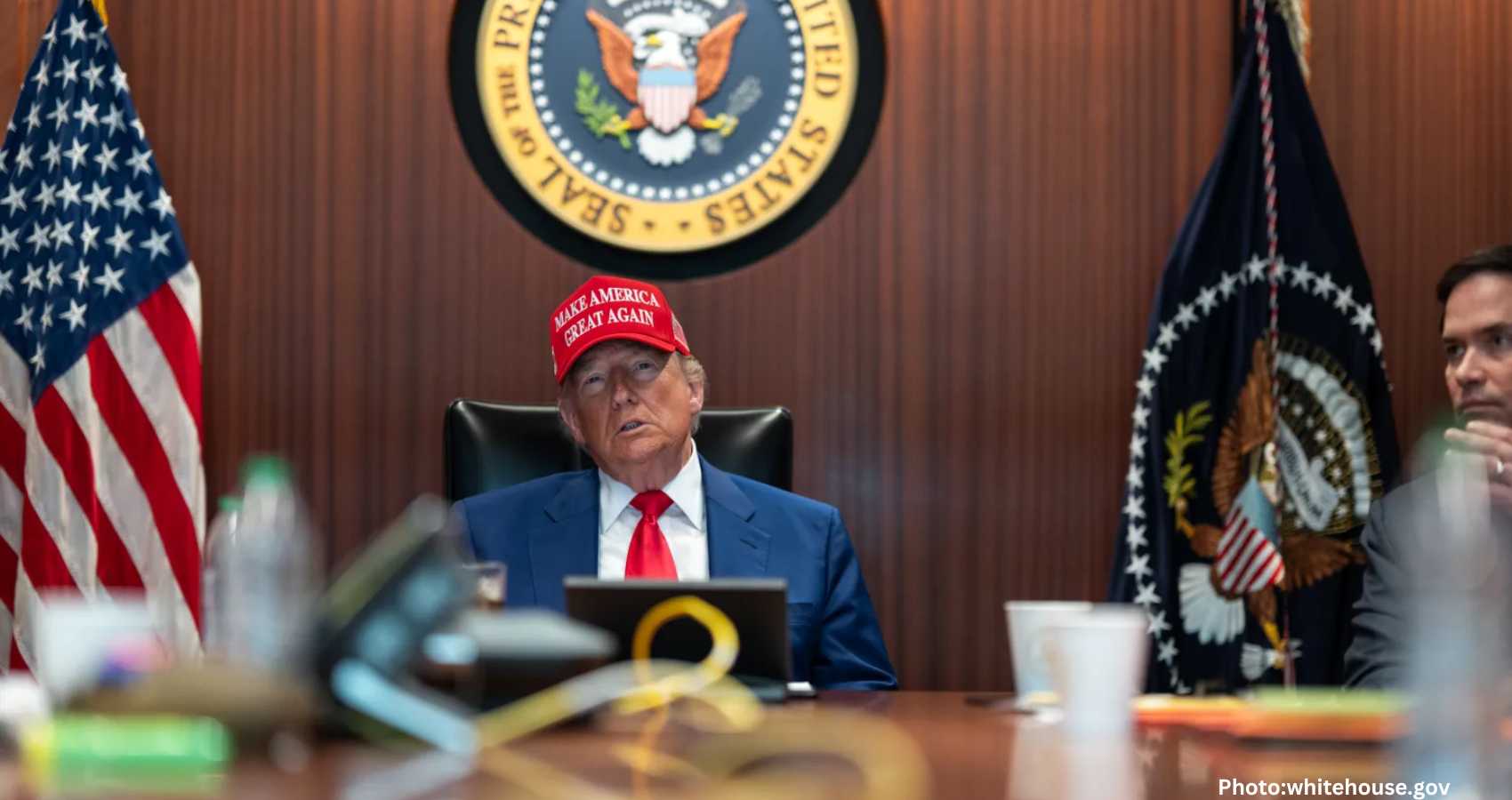President Donald Trump has announced that Nvidia’s most advanced AI chips will be reserved exclusively for U.S. companies, restricting access to China and other nations.
In a recent statement, President Donald Trump emphasized the United States’ commitment to keeping Nvidia’s cutting-edge AI chips within its borders. The advanced chips, including the H100 and H200 “Blackwell” series, are now central to U.S. trade and technology policy.
As of 2025, Nvidia is ramping up domestic production in states like Arizona and Texas to bolster supply chains. However, many of the components still depend on global suppliers. The U.S. government has implemented stringent export controls on the sale of advanced AI chips to China, citing national security concerns. Certain older models are still permitted for export under specific conditions, which include a revenue-sharing agreement that allocates approximately 15% of sales back to the U.S. government.
These measures aim to protect the United States’ technological leadership while supporting domestic manufacturing. Nevertheless, they do not entirely eliminate reliance on foreign production or supply chains, raising questions about the long-term sustainability of this strategy.
The policies surrounding these export restrictions carry significant risks and uncertainties. By limiting access to major markets, the U.S. may inadvertently accelerate the development of foreign competitors. Specific details regarding which Blackwell models are restricted and the complete terms of the revenue-sharing agreements remain publicly unconfirmed. Nvidia has voiced concerns that overly stringent controls could stifle innovation and commercial opportunities.
During a taped interview that aired on CBS’s “60 Minutes” and in comments made to reporters aboard Air Force One, Trump reiterated that only U.S. customers should have access to Nvidia’s top-tier Blackwell chips. He stated, “The most advanced, we will not let anybody have them other than the United States,” reinforcing his earlier remarks made while returning to Washington from a weekend in Florida.
Trump clarified that while he would not permit the sale of the most advanced Blackwell chips to Chinese companies, he did not completely rule out the possibility of allowing them access to less capable versions of the chip. “We will let them deal with Nvidia but not in terms of the most advanced,” he explained during the “60 Minutes” interview.
This decision to reserve the most advanced chips for domestic use reflects the U.S. government’s strategy to maintain a competitive edge in AI innovation while safeguarding sensitive capabilities from strategic rivals. However, the export controls and revenue-sharing conditions for other models highlight the complexities of balancing commercial interests with security objectives.
While these measures may strengthen U.S. technological leadership and support domestic manufacturing, they also present potential downsides. Limiting access to key global markets could incentivize foreign competitors to accelerate their own chip development, creating uncertainty for companies navigating international trade.
Overall, this situation underscores that maintaining U.S. dominance in advanced AI is not solely about fostering innovation. It also involves careful policy management, supply chain resilience, and strategic coordination between government and private industry in a fiercely competitive global landscape.
Source: Original article

